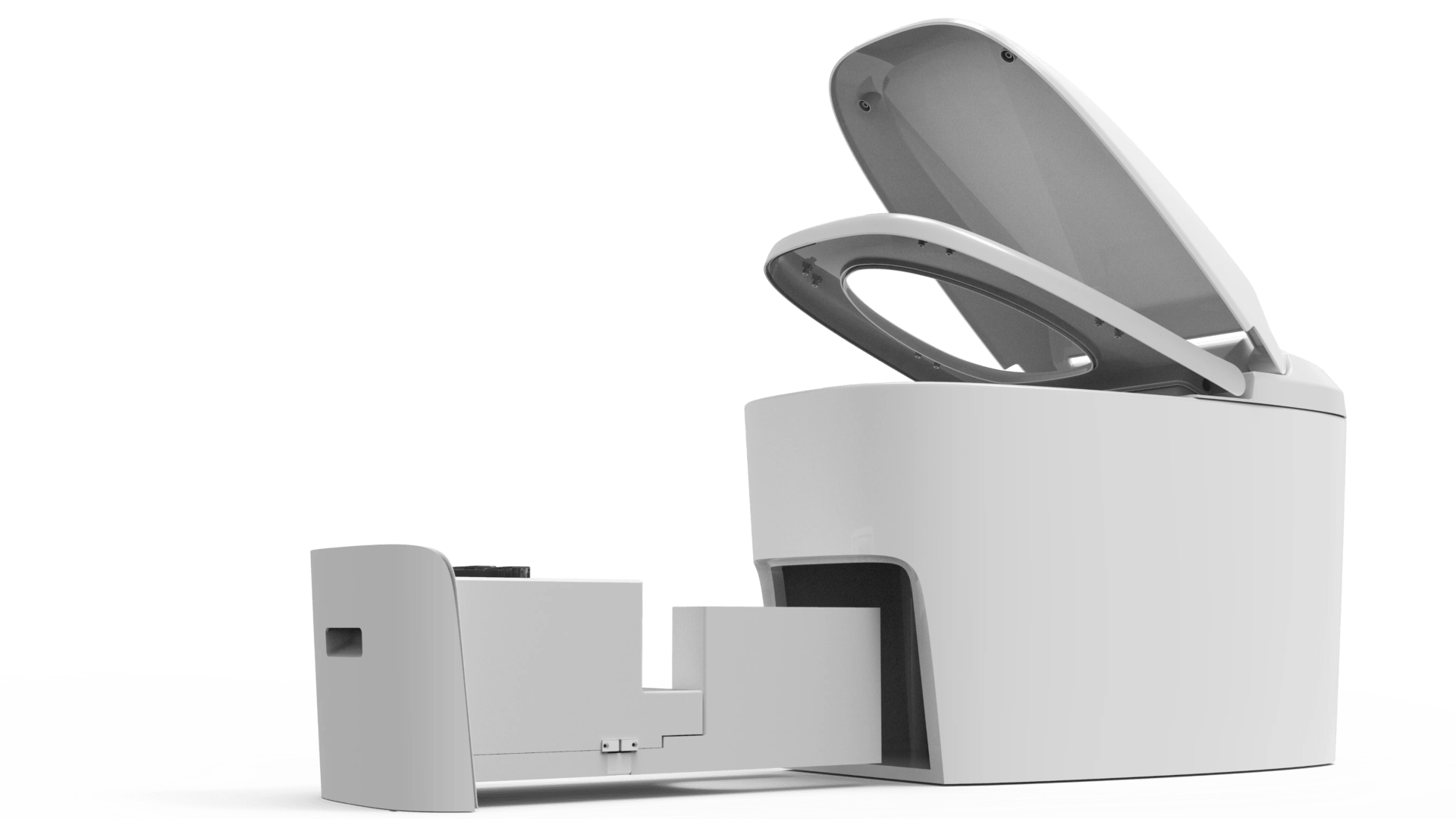
BEIJING — Chinese startup Geometry Healthtech said it has developed a smart toilet that can analyze human excretions, which it hopes to be able to sell by the end of this year reports The Nikkei Asian Review
The company said its smart toilets have built-in sensors that can collect and analyze samples. These results will then be sent to a mobile phone app and users can then be provided with relevant health advice. Not only can smart toilets monitor heart disease but they can also detect symptoms of cancer and diabetes from urine samples.
“The smart toilet can be used at home,” said founder and CEO Chen Liangcheng. “It’s easy to use and highly applicable.”
Michael Lindenmayer, U.S.-based smart sanitation and digital health adviser at Toilet Board Coalition, a business group committed to provide sanitation facilities in the world, said that such toilets can indeed help to provide health information.
Unlike wearable devices, smart toilets can gather and monitor data without changing users’ habits. They can also read data accurately as they come into contact with human skin.
Technology is indeed advancing in this sector. Kohler, U.S. toilet, kitchen and bathroom product maker, earlier this year exhibited a smart toilet and bathroom mirror that employs the Alexa voice assistant.
Google announced in 2016 that it acquired a bathroom patent. It has designed an ultrasonic bathtub and a pressure sensor toilet, making it possible to test and measure the condition of the heart and blood vessels.
Alphabet, Google’s parent company, also filed a patent application in 2015 for a pressure sensor toilet seat to measure blood pressure.
In Japan, manufacturers Toto and Panasonic have designed toilets that can be connected to Wi-Fi. By analyzing urine and stools, the Japanese toilets can measure biochemical structural materials — sugar and protein — as well as body-mass index.
Davide Coppola, a project manager at the European Space Agency, or ESA, has an even bigger vision for the smart toilet. He said that if a region has 1,000 smart toilets capable of collecting human body data, it will become possible to monitor the region’s diseases using spatial data and calculate the possibility of diseases spreading.
Through the combination of toilet sensor data and satellite observation data, it will eventually become possible to establish a health information system for the prevention of diseases.
36Kr, a Chinese tech news portal founded in Beijing in 2010, has more than 150 million readers worldwide. Nikkei announced a partnership with 36Kr on May 22, 2019.

















































